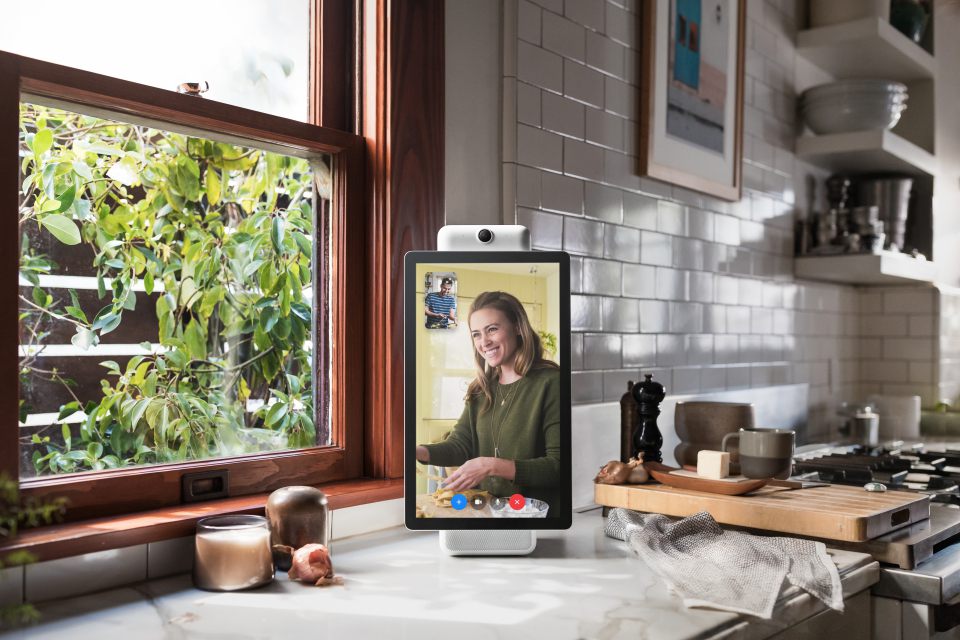How to get a Finnish IP address
The easiest way to improve your digital privacy is to switch your IP address using a VPN. We’ll …

When Facebook announced its video-calling smart screen named Portal, it was met with skepticism. After all, how could it be not after Facebook’s recent hacking and other data privacy scandals? But the company made it clear that users’ privacy was a focus — ”private by design,” it said. However, Facebook Portal might not be as private as the company made out.
With all the privacy issues surrounding Facebook, users may be concerned about it putting a camera in your house. But Portal — and its 140-degree camera that follows you as you walk — isn’t recording your video or capturing what you’re saying, according to the tech giant. It also won’t serve you any ads.
In fact, Facebook told Recode that “no data collected through Portal — even call log data or app usage data, like the fact that you listened to Spotify — will be used to target users with ads on Facebook.” That, given everything that has happened over the past few months, is reassuring.
The problem is it was also inaccurate.
Facebook has since walked back its comments and said that Portal will, in fact, collect usage data such as length of calls and frequency of calls (it already does that on Messenger), as well as other general usage data such as aggregate usage of apps. That info, the company said, may be used to serve you ads on other Facebook-owned properties.
On the surface, this isn’t necessarily bad — and in truth, it’s expected. Many other tech giants are probably collecting far more data. The problem is that Facebook said one thing and then had to backtrack. You can’t call it “
So where do we stand on Facebook Portal and its user privacy?
Well, it does seem that Facebook is going out of its way to collect less data about you. It won’t offer ads on Portal “at this time,” which does make you wonder if it will at some point. It isn’t listening to or viewing your video content. It only sends voice commands to Facebook servers after hearing you say “Hey, Portal.” And a user can delete that voice history from within the Facebook Activity logs.
Furthermore, Portal ships with a lens cover to block the camera from recording when it’s not in use. The camera and mic can easily be disabled with just one click, preventing any software-based hacks. The camera AI recognizes movement to follow you when on a video call, but importantly, it does not feature facial recognition to identify individual people. And finally, while Portal includes Amazon’s Alexa app, it can’t access that data if you use it on your Portal.
This makes Portal, potentially, more private than some other smart home devices. But the important issue here is trust: Do people trust Facebook when it says it isn’t doing something?
Portal sales will be a clear indicator of just how users are feeling about Facebook post scandals. Data we’ve seen suggests that it might not be pretty. And with Facebook’s leaked “Ripley” product — a camera-equipped device that sits atop your TV to offer full-screen calling and access to Facebook’s video platform — its whole strategy to take on YouTube is at stake.
As we’ve noted previously, IoT devices are in gray area when it comes to user privacy and how that data is shared — especially with governments. Facebook’s Portal is no different. The question is whether users are willing to forget the past.

